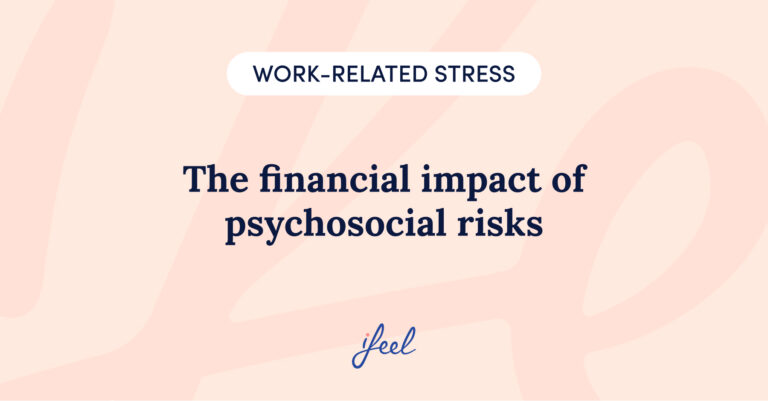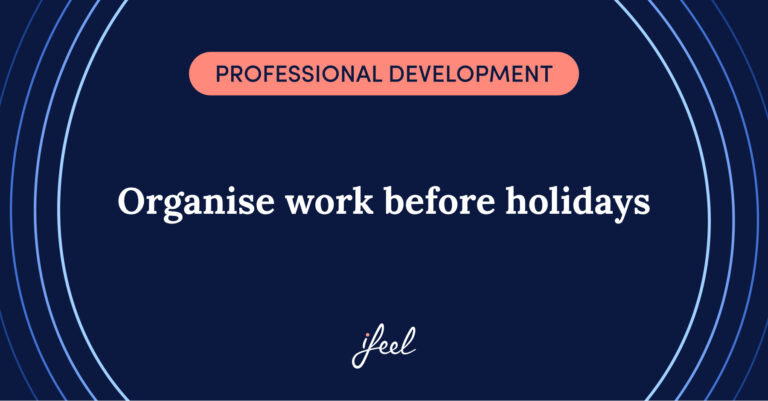Have you returned from your holidays with a head full of September resolutions? September is usually the time to unpack and return to our working uniform, which includes schedules, companies, and routines that are a little stricter than what we experienced during the holidays.
Once we break that ice, however, it is time to tackle the new term. It doesn’t really matter if you work, study, are retired, or are unemployed – for everyone, September resolutions create a sense of beginning only comparable to the one in early January.
For many people, it is time to put into action all that has been hovering in their heads during the last weeks, months, or – if their pace is a little slower – years. Will I sign up to the gym? Will I quit my job? Will I finally start polishing my level of another language? Will I leave my partner? Will I go to therapy? Will I go on a diet? Will I move to a new house? Will I try to get pregnant? Will I talk to my team about the brilliant ideas tI have so that we can start working a little better? As you can see, September kicks off with a number of possibilities.

The projects can be quite significant or refer to things that aren’t as important in everyday life but also have a direct impact on our well-being. Some of them may simply be the first step to major changes. Whichever the case, if you feel like it, if you think it’s the moment, if there really is nothing serious that will stop you … the moment to start these projects is now.
How to approach September resolutions
1. Do not keep planning
Things have to be thought about but focus on reality: at some point, you will have to go from dreaming and planning to taking action. Once you have contemplated your thoughts in your head for a while … you should make a decision: either leave that idea aside for later (i.e. leave it to rest without overthinking it), or (it’s definitely not the time and it never will be/you don’t fancy it much/it’s crazy) or put it into action! Holding it in your thoughts is tempting, but it is not really living and focusing on the present.
2. Do not confuse spontaneity with impulsiveness
The first has to do with your flexibility and ability to adapt to a changing environment, the second can create some problems if you use it as a guide in making big decisions. Sometimes it is worth it to think a decision over for one more day and then act. Taking the plunge is not the same as rushing.
3. Be patient
There are complex projects that require a whole strategy, previous steps, even detours (for example, changing jobs or looking for a new life in another country). These are long-term journeys and it will take time to achieve satisfaction or concretion. Others simply depend on overcoming laziness and making them happen. For example, as much as you may be procrastinating, signing up for English lessons means going to the academy or making a phone call and literally signing up. There’s no more to it. If you see there’s more to it, then they are probably just excuses. The same goes for the act of making an appointment with a psychologist.

4. Give it a try for yourself, try it!
Of course, you will surely have more opportunities to put into practice what’s on your mind but… why not now? Take advantage of the fact that vacations are over and a new chapter is beginning. Connect with that part of you that is open to life, which allows you to live otherwise, even provisionally, try different ways to improve certain aspects of your life.
5. Get organized for your September resolutions
There are projects that require a clear strategy, numbers, or researching certain things. You will need to spend some time and maybe consult with those who can inspire you, give you ideas or, who knows, save you from embarking on something that really does not suit you.
In any case, if at the end of your vacation you feel that September is, once again, a maze of great ideas that never happened, reflections that have no end, or frustrations that come from bad decisions or an unadjusted expectation, it is worth considering seeking professional advice. Psychologists can help you clarify your ideas, explore your motivations, and allow you to shape the ideas that can contribute to a better life.






